When Skipped Meals Become a Concern
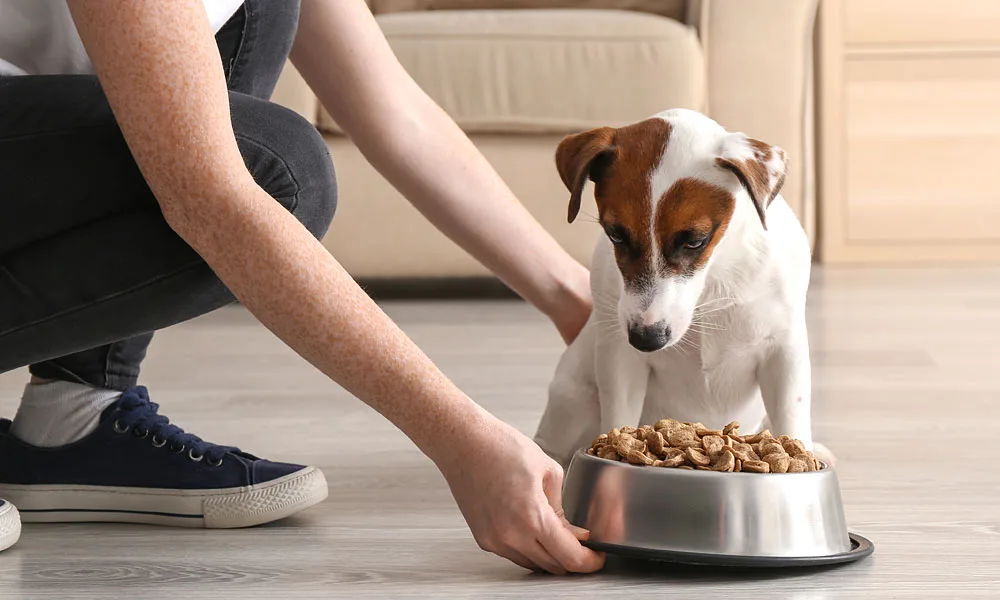
It’s not unusual for a dog to turn its nose up at food every once in a while. Maybe they snuck too many table scraps, got extra treats at daycare, or are simply tired after a long day of playing at Bayview Dog Park. Some dogs even eat less on hot summer days in Pensacola. But when your dog skips multiple meals, refuses food entirely, or shows other changes in behavior, it’s time to pay attention. Loss of appetite can be a symptom of something minor, but it can also signal an underlying health issue that needs veterinary care.
Common Reasons Dogs Refuse Food
Dogs are creatures of habit, so when their eating habits suddenly change, there’s usually a reason. Some of the most common causes include:

- Dental pain: Gum disease, tooth fractures, or oral infections make chewing painful. Even if your dog looks interested in food, they may back away once they try to chew.
- Gastrointestinal problems: Vomiting, diarrhea, constipation, or a foreign object in the stomach can cause nausea and food avoidance.
- Infections or illness: Fever, parasites, or systemic infections may decrease appetite.
- Stress and anxiety: Loud thunderstorms, fireworks, a new pet in the house, or even recent boarding can create enough stress to disrupt eating.
- Organ disease or cancer: Kidney disease, liver failure, and some cancers are often detected first by changes in appetite and energy.
Signs That Appetite Loss Is Serious
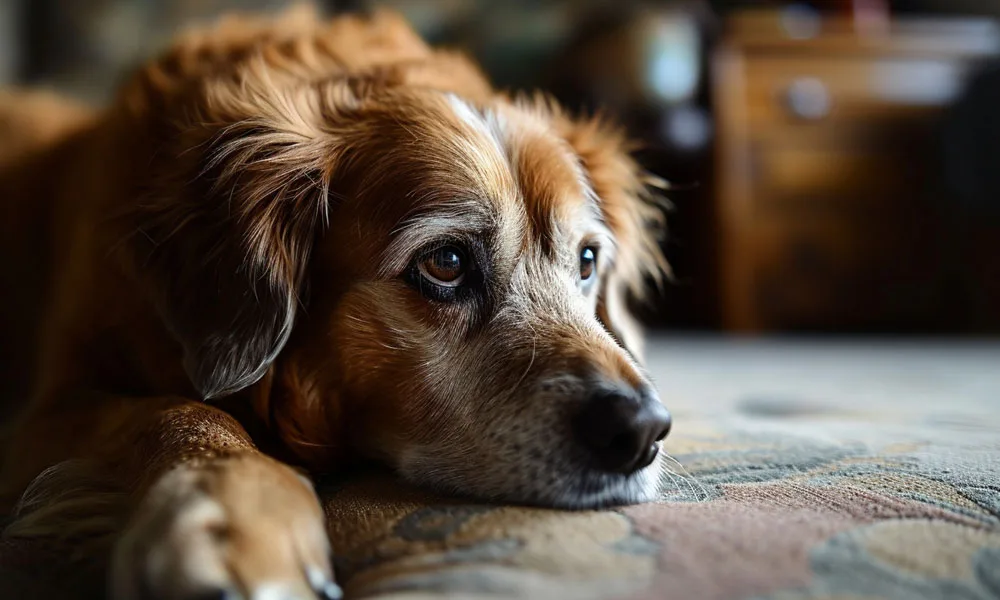
Sometimes a dog may skip a meal and bounce back. But you should call us if you notice:
- Your dog hasn’t eaten for more than 24 hours.
- Appetite loss is paired with vomiting, diarrhea, or weight loss.
- Your dog is lethargic, weak, or has a fever.
- There are changes in drinking habits, such as drinking excessively or not drinking at all.
- Your pet is a puppy, small breed, or senior, as these dogs can become weak and dehydrated much faster than healthy adults.
For many pets, especially young and older ones, waiting too long to seek care can turn a manageable issue into an emergency.
How East Hill Animal Hospital Helps
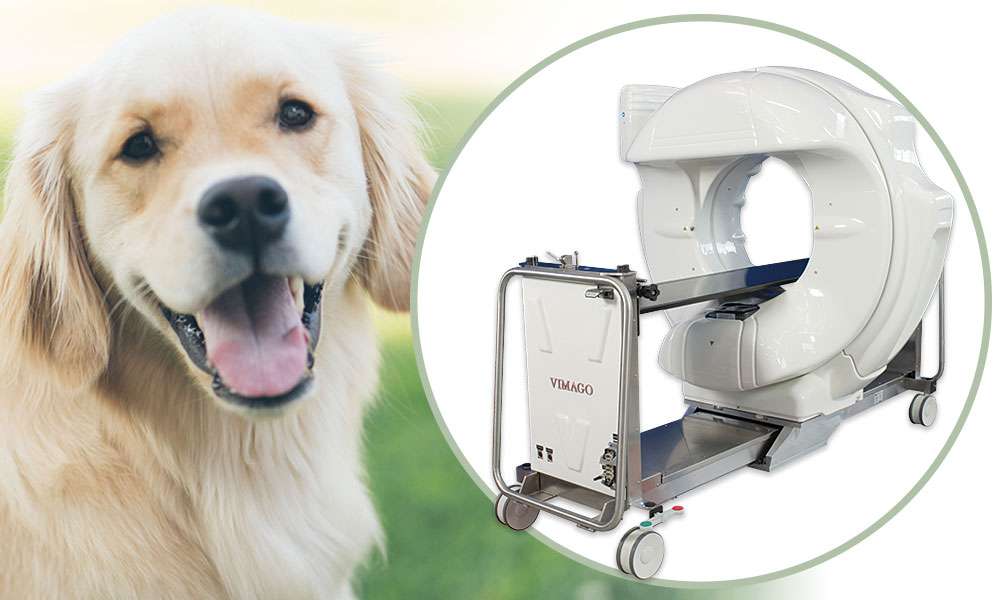
At East Hill Animal Hospital in Pensacola, we understand the worry that comes with your dog refusing to eat. That’s why we provide same-day appointments whenever possible, so you don’t have to wait weeks for answers. Our hospital is equipped with advanced diagnostic tools, including:
- HDVI CT scans provide detailed 3D imaging of the digestive system and organs.
- Ultrasound and digital radiology to check for blockages, tumors, or internal injuries.
- In-house laboratory testing that delivers quick results for infections, parasites, or metabolic issues.
With these resources, our veterinarians can identify the cause and create a customized treatment plan—whether that means dental care, medication, surgery, or dietary changes.
Prevention and Long-Term Care
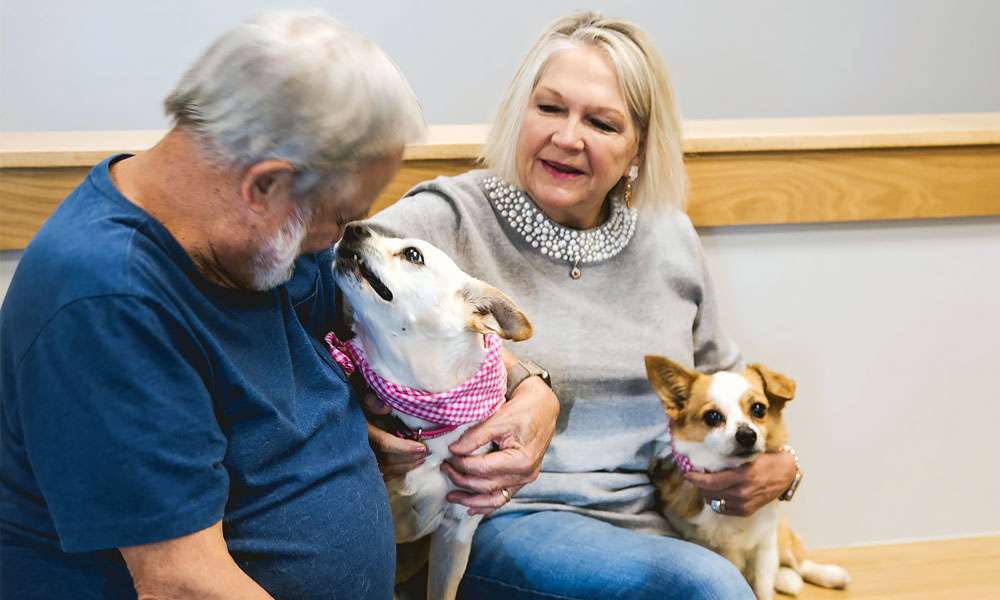
While not all cases of appetite loss can be prevented, there are steps pet owners can take to reduce risk:
- Schedule annual wellness exams and dental checkups.
- Keep your dog on flea, tick, and heartworm prevention to avoid parasite-related illnesses.
- Feed a consistent, high-quality diet and avoid too many table scraps.
- Monitor weight and behavior changes closely.
These habits can make it easier to spot problems early, when they are more treatable.
Peace of Mind for Pensacola Pet Owners
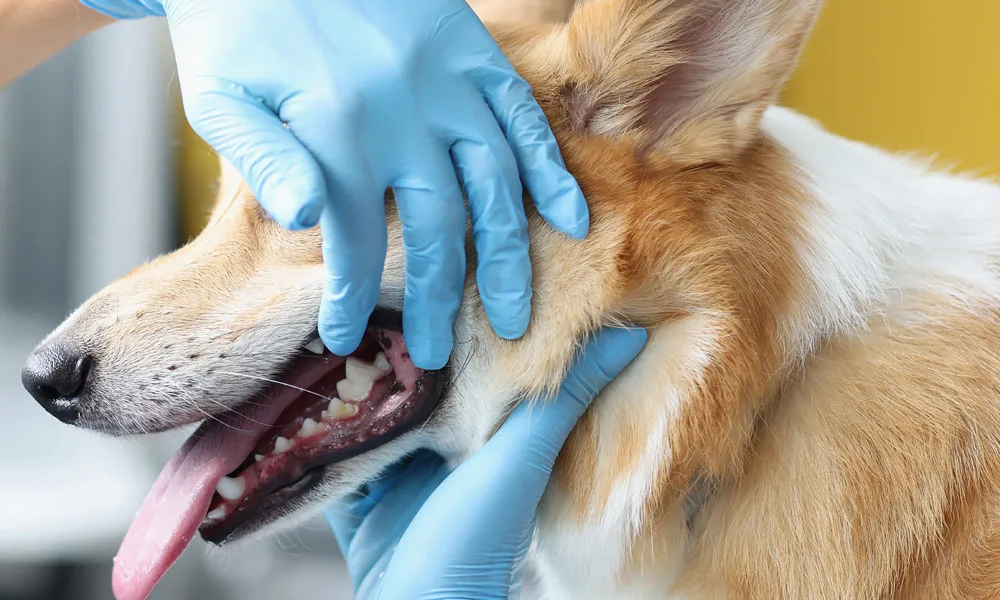
Loss of appetite in dogs is one of the most common reasons owners call the vet—and with good reason. Sometimes it’s a minor issue, but other times it’s the body’s way of signaling a bigger problem. At East Hill Animal Hospital, our experienced team and advanced diagnostics give you answers quickly, so you can stop worrying and start helping your pet feel better.
👉 If your dog won’t eat, don’t wait it out. Call East Hill Animal Hospital in Pensacola, FL, at 850-437-9932 for compassionate, advanced veterinary care close to home.
